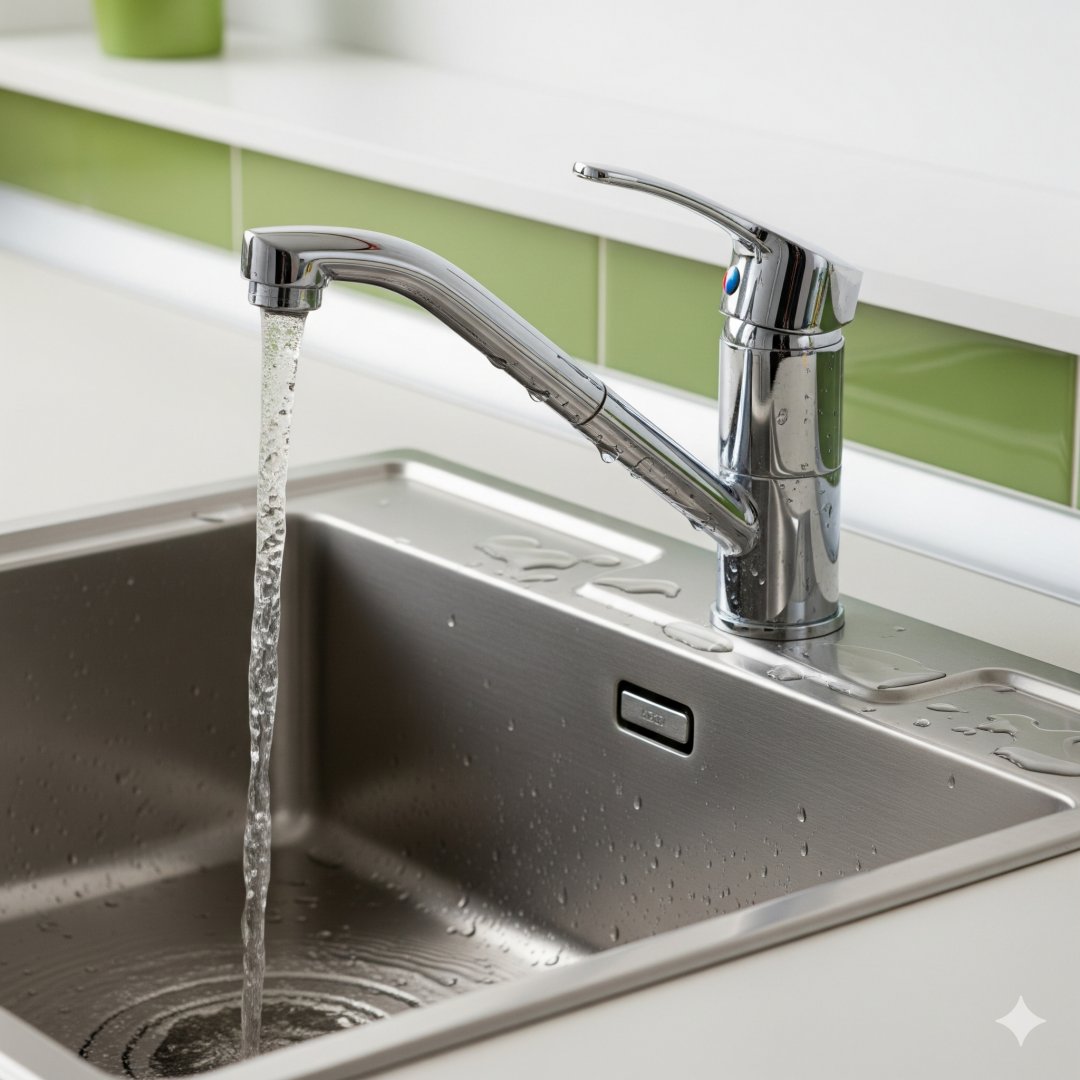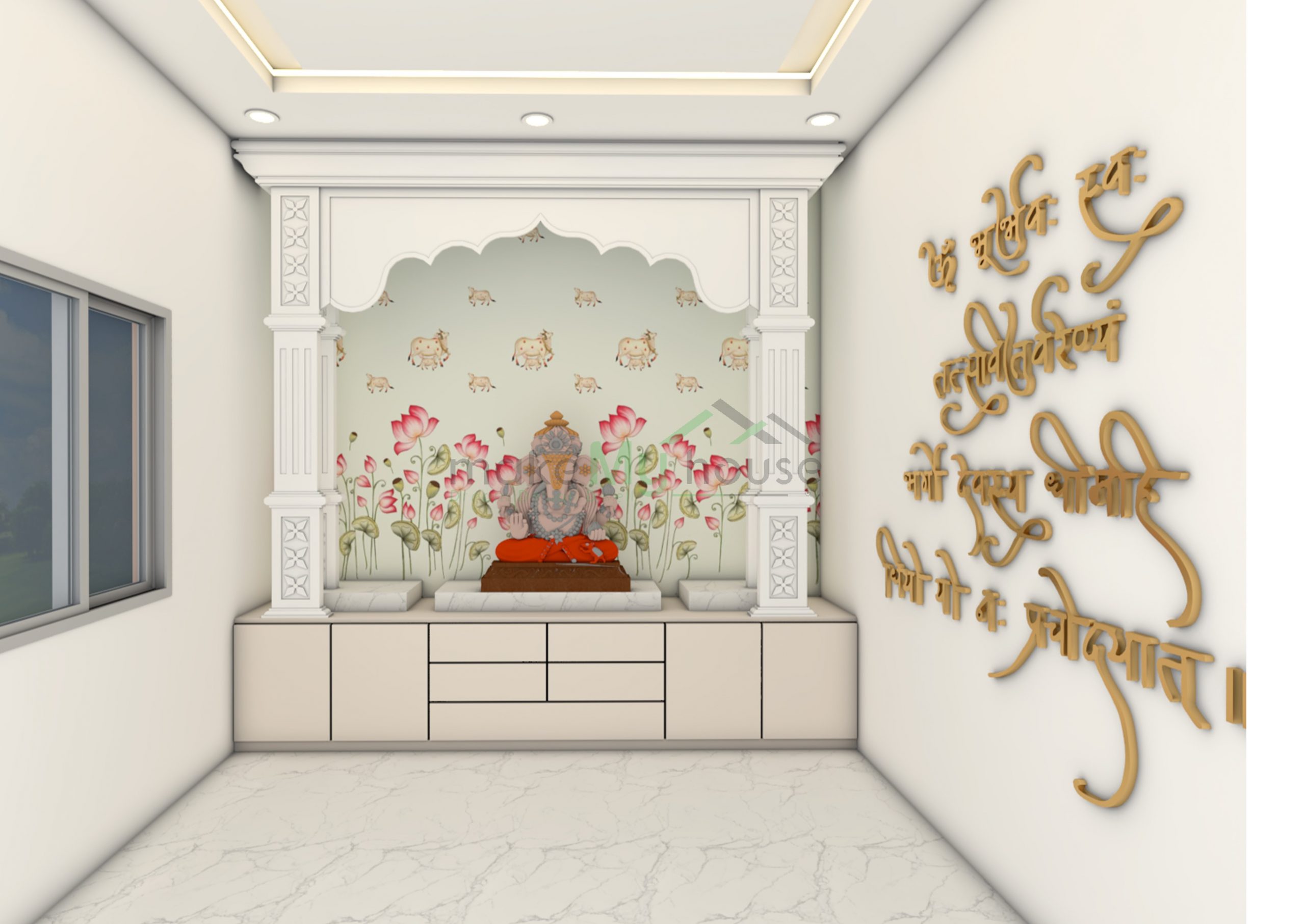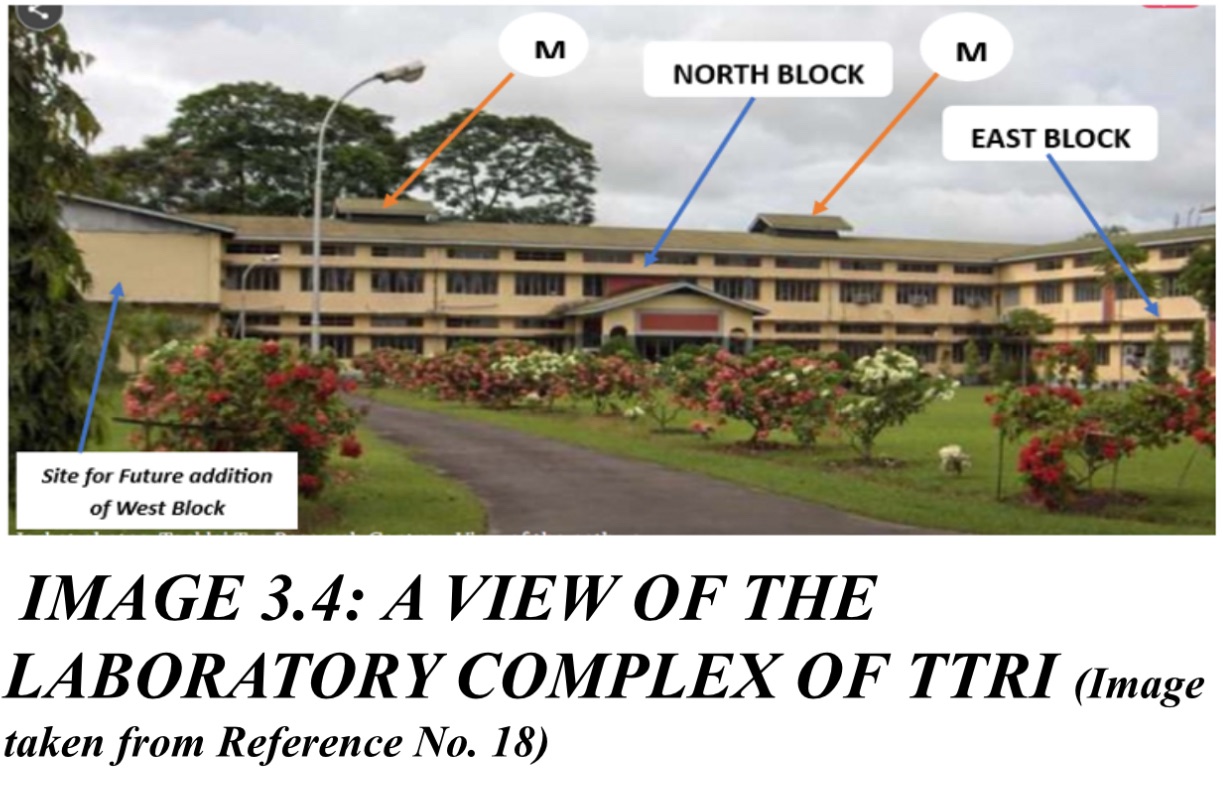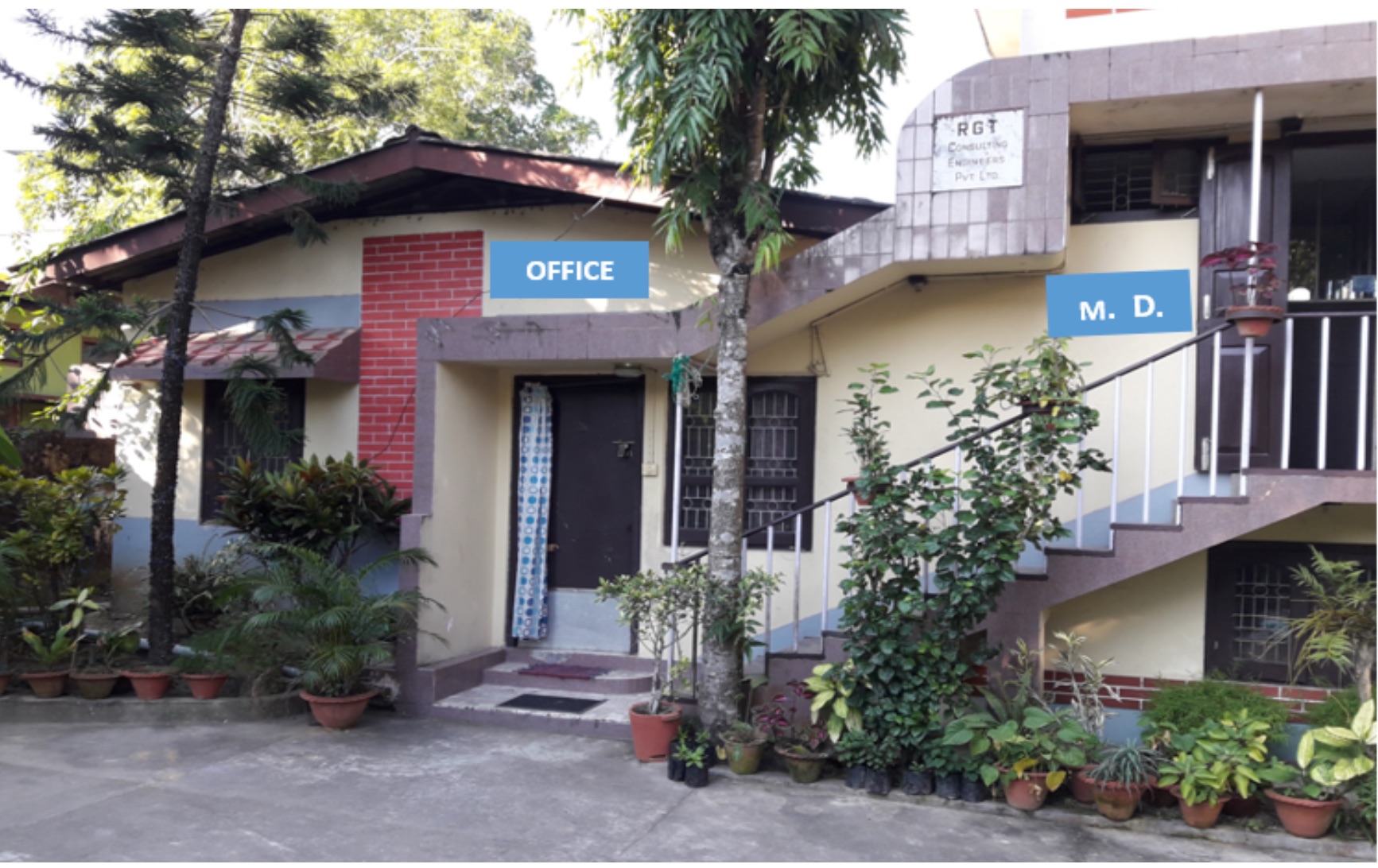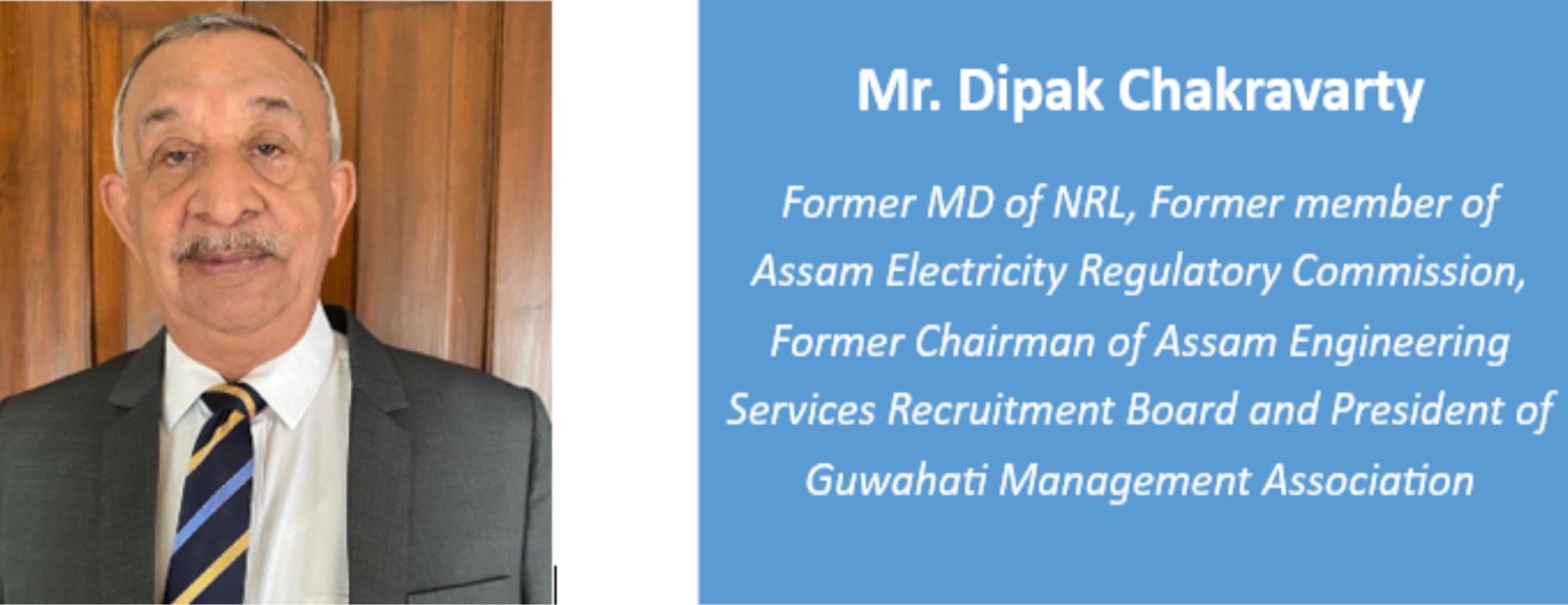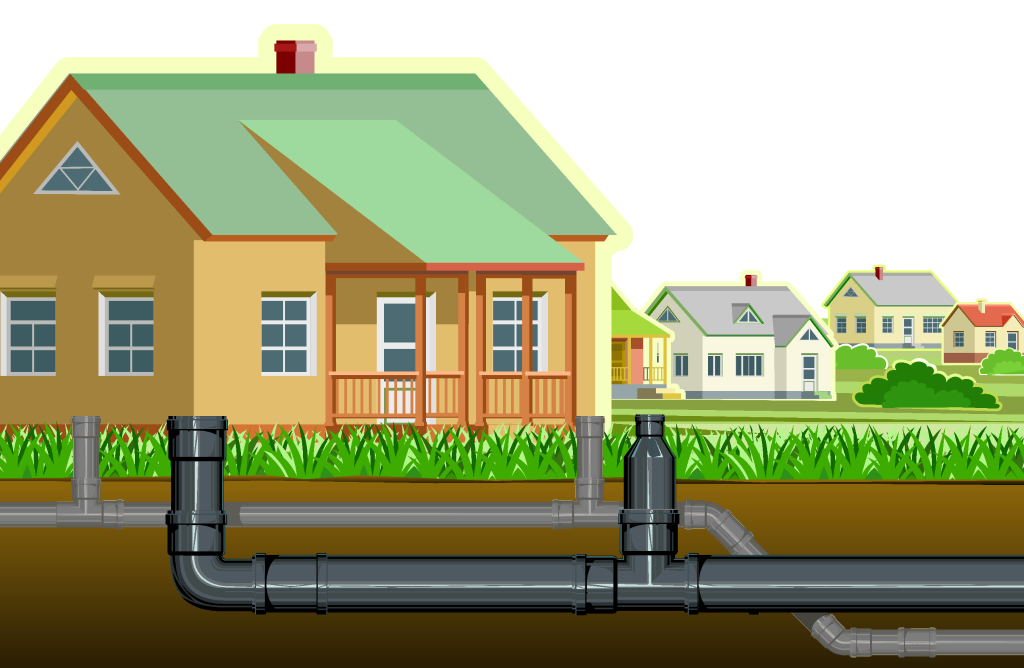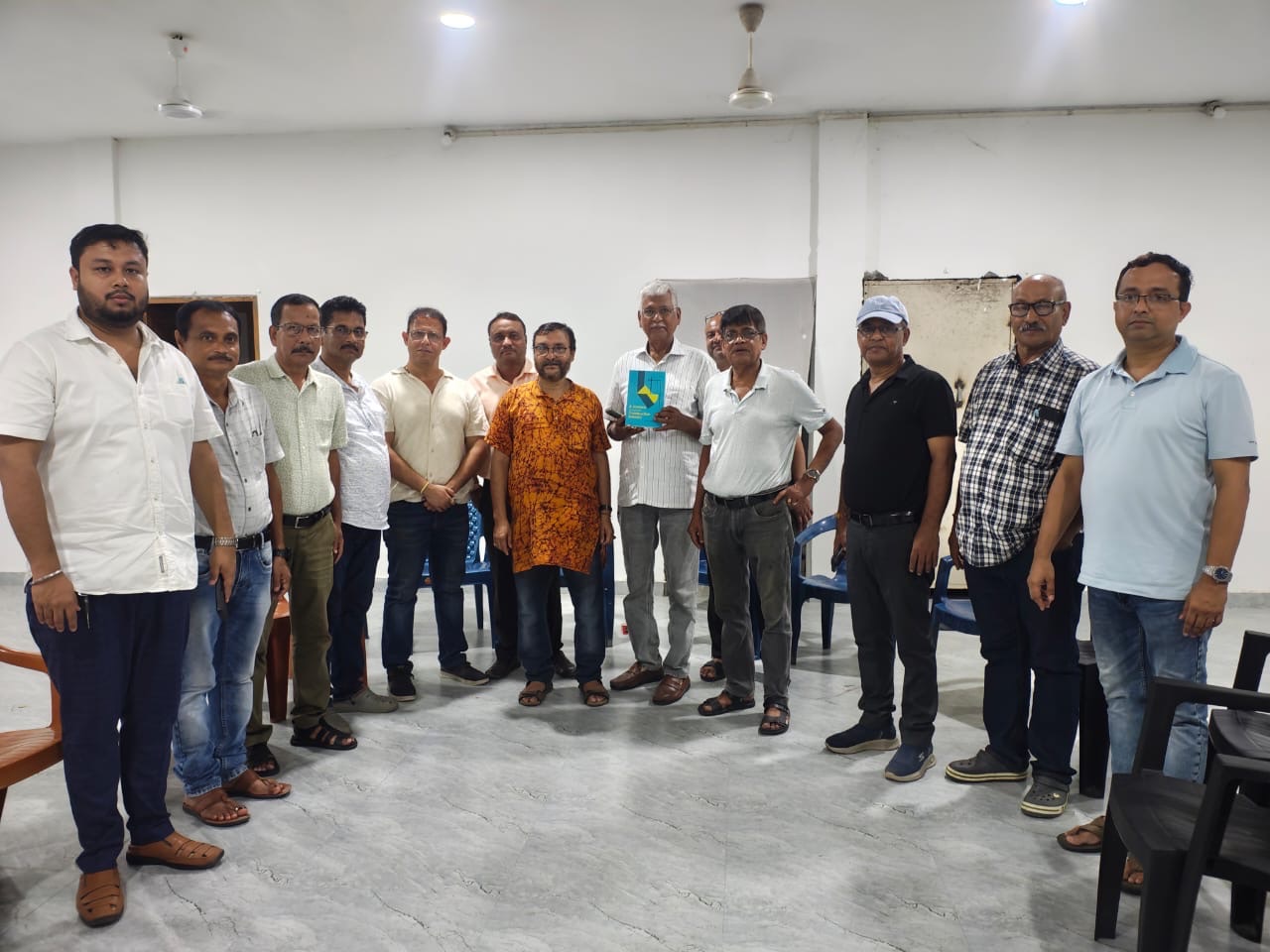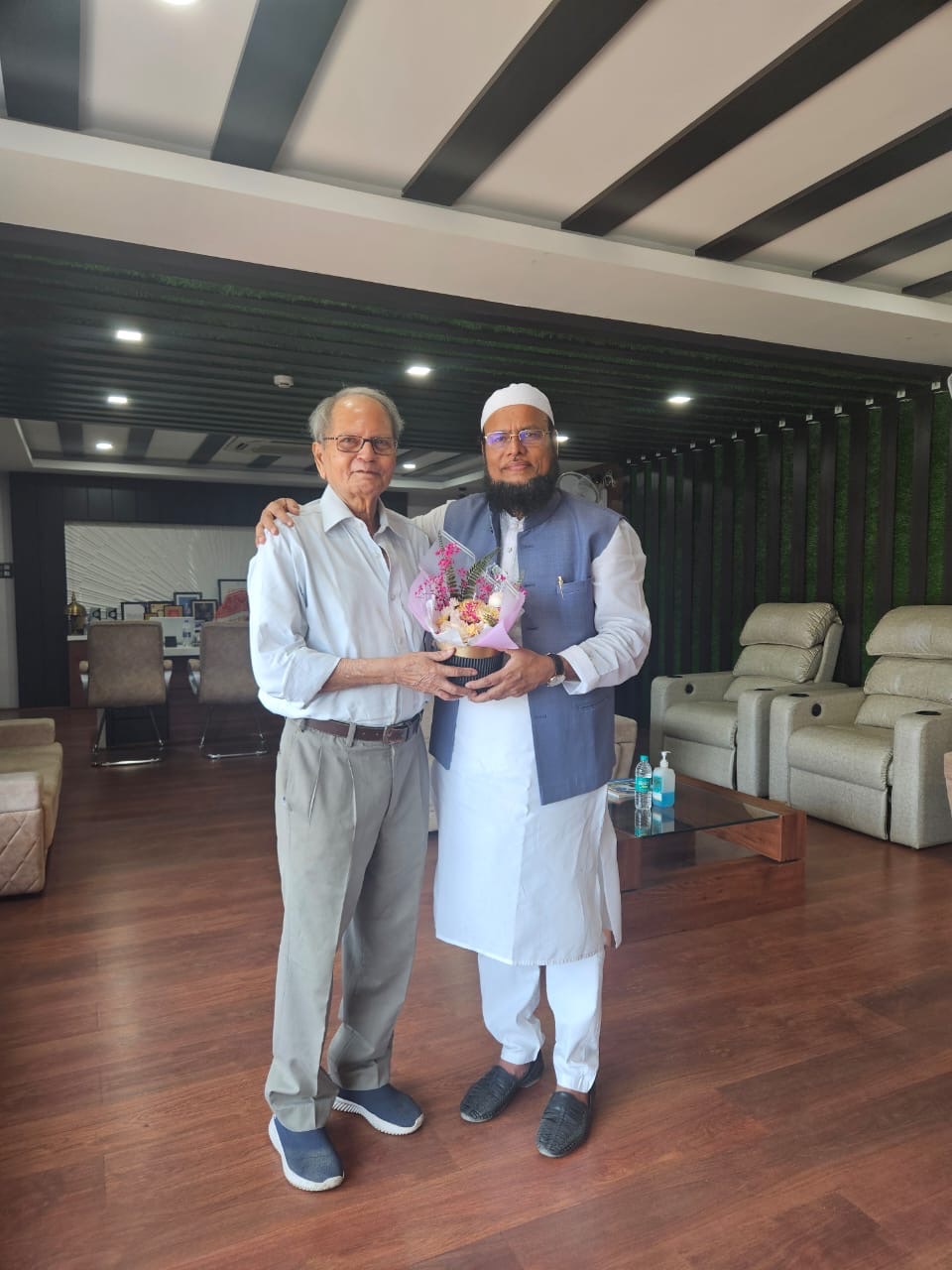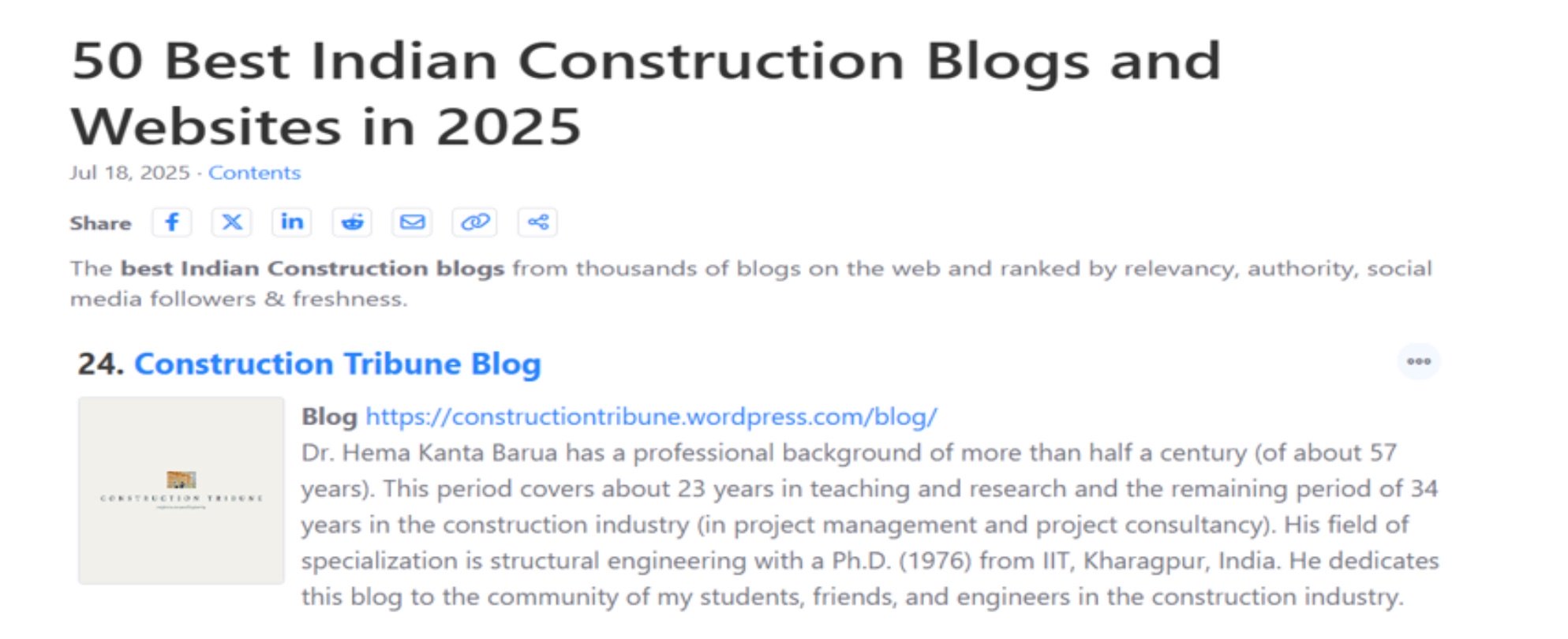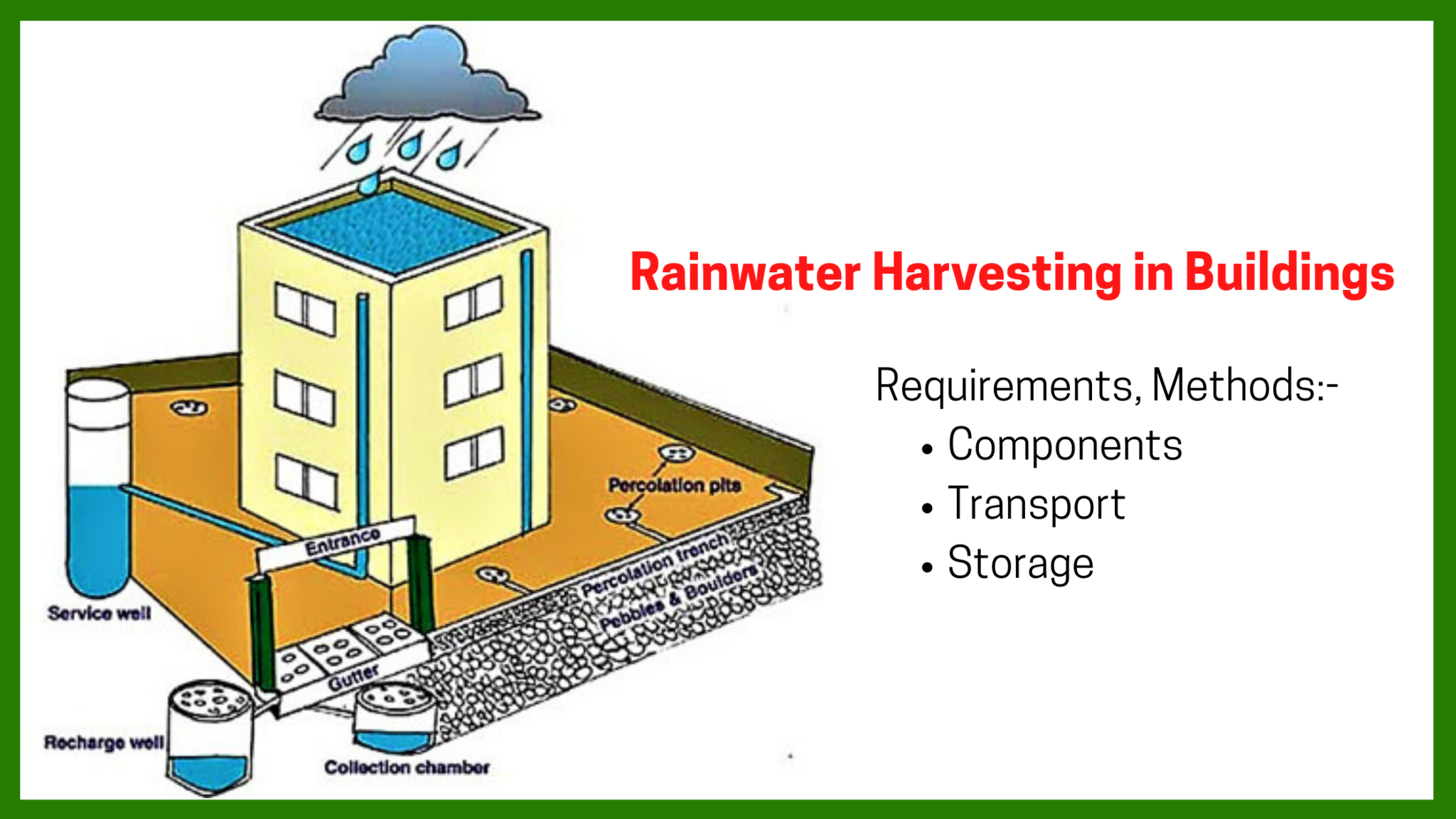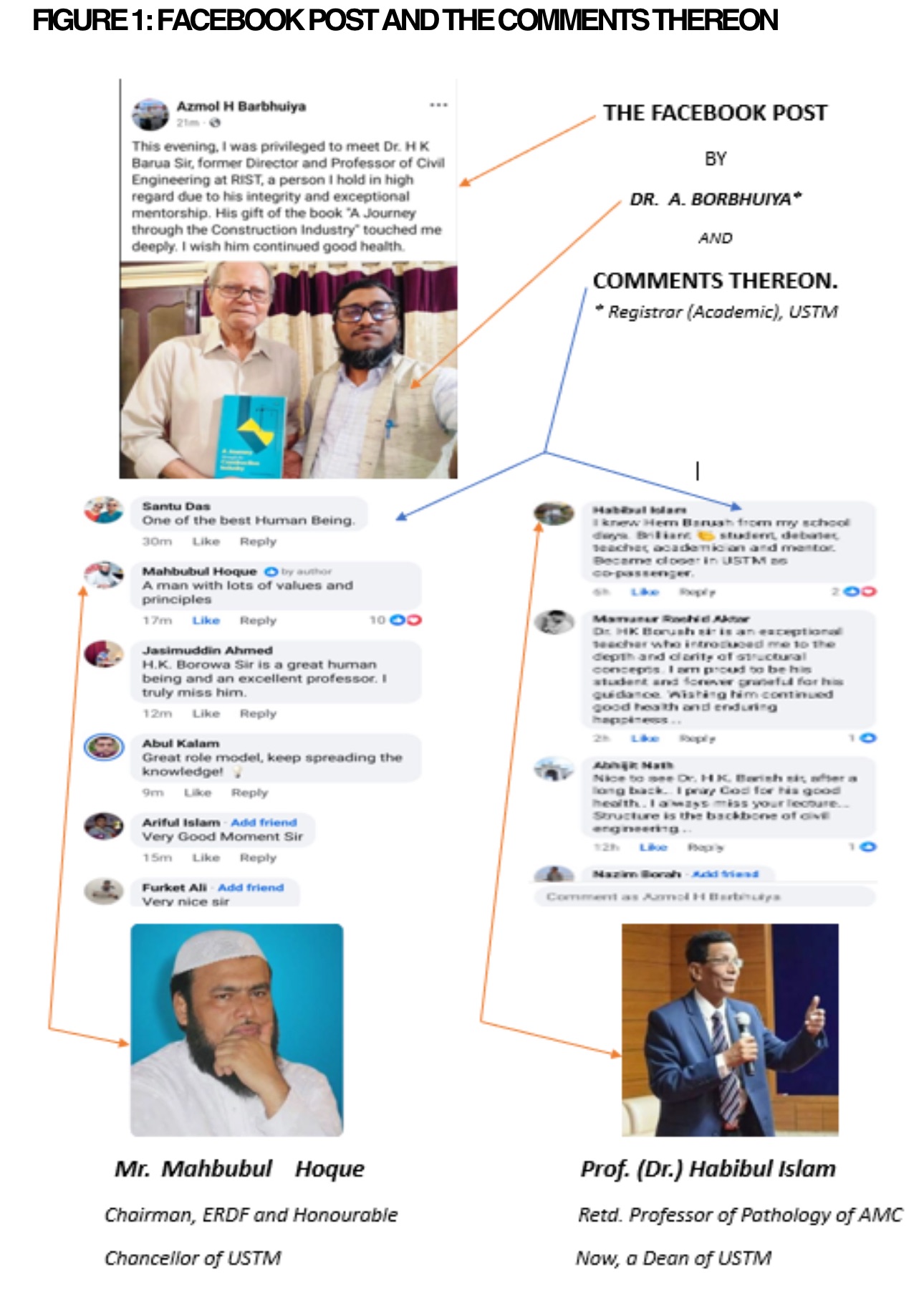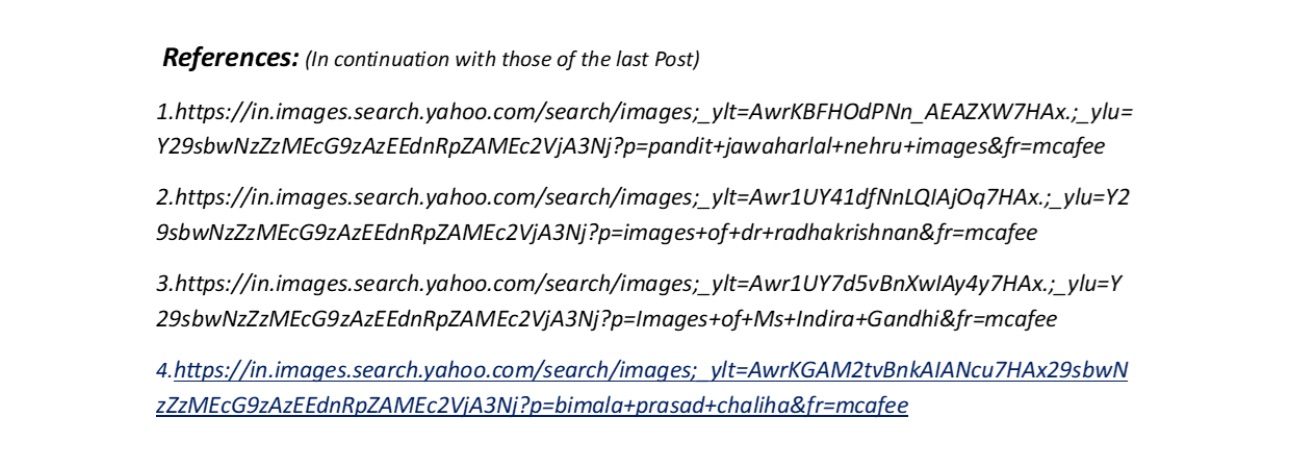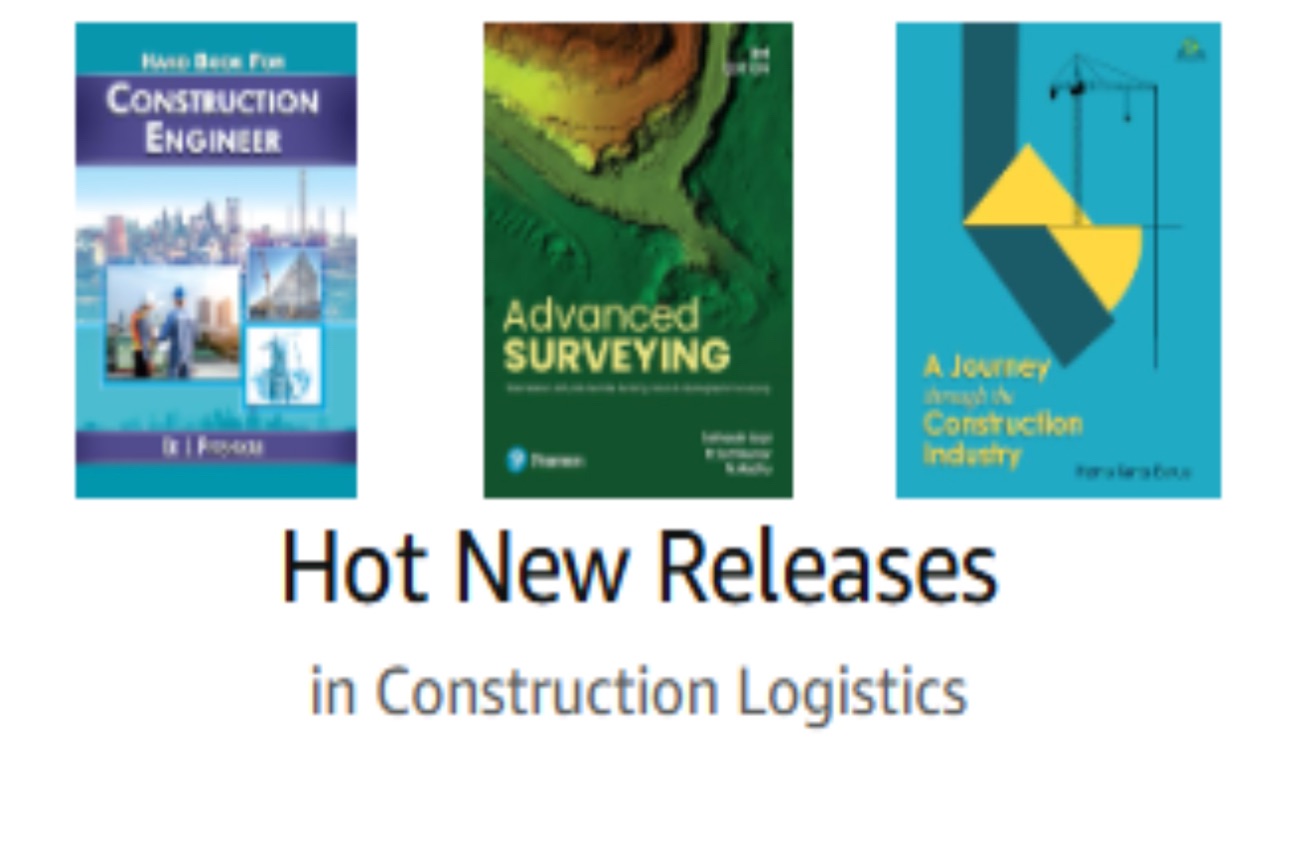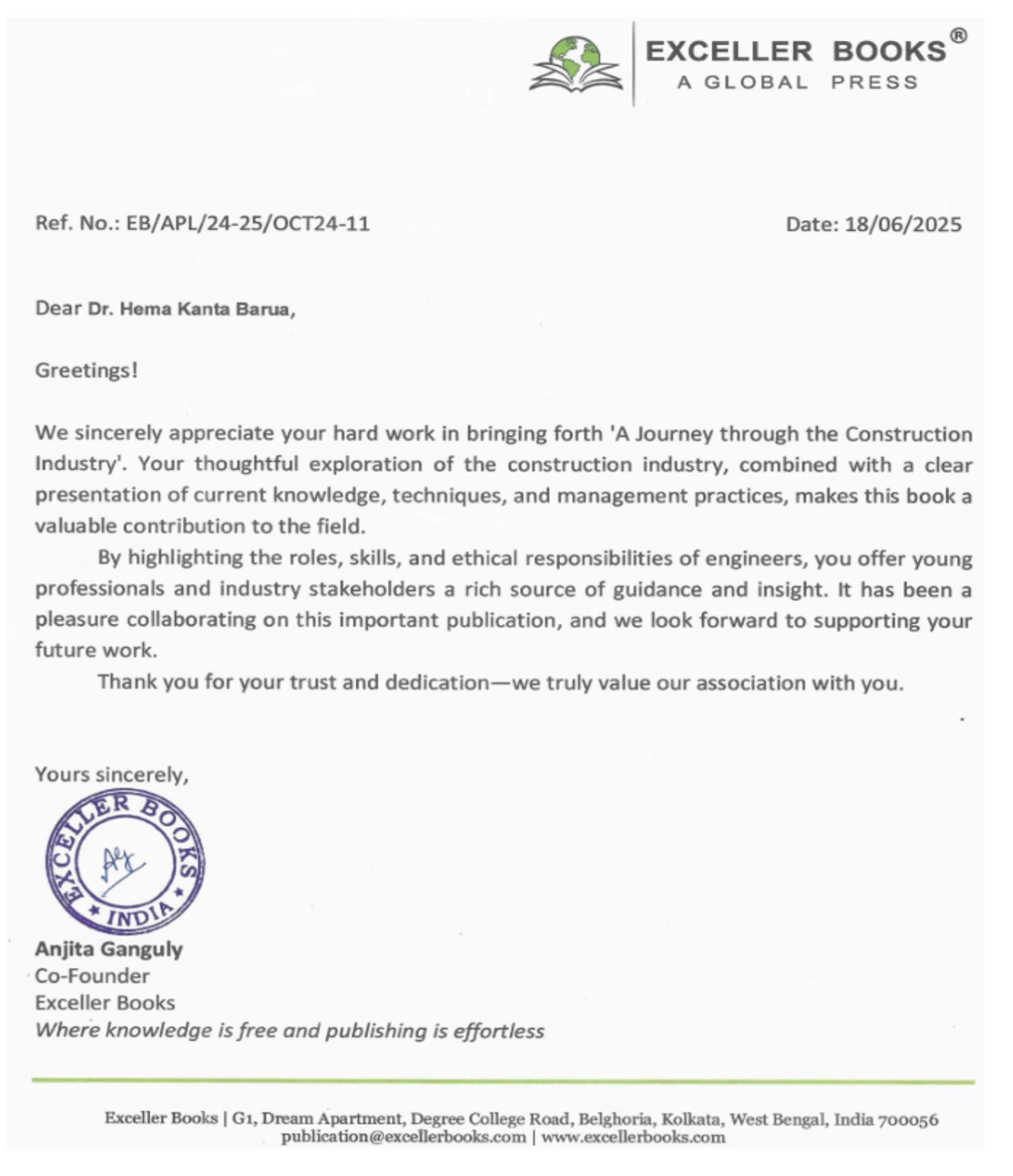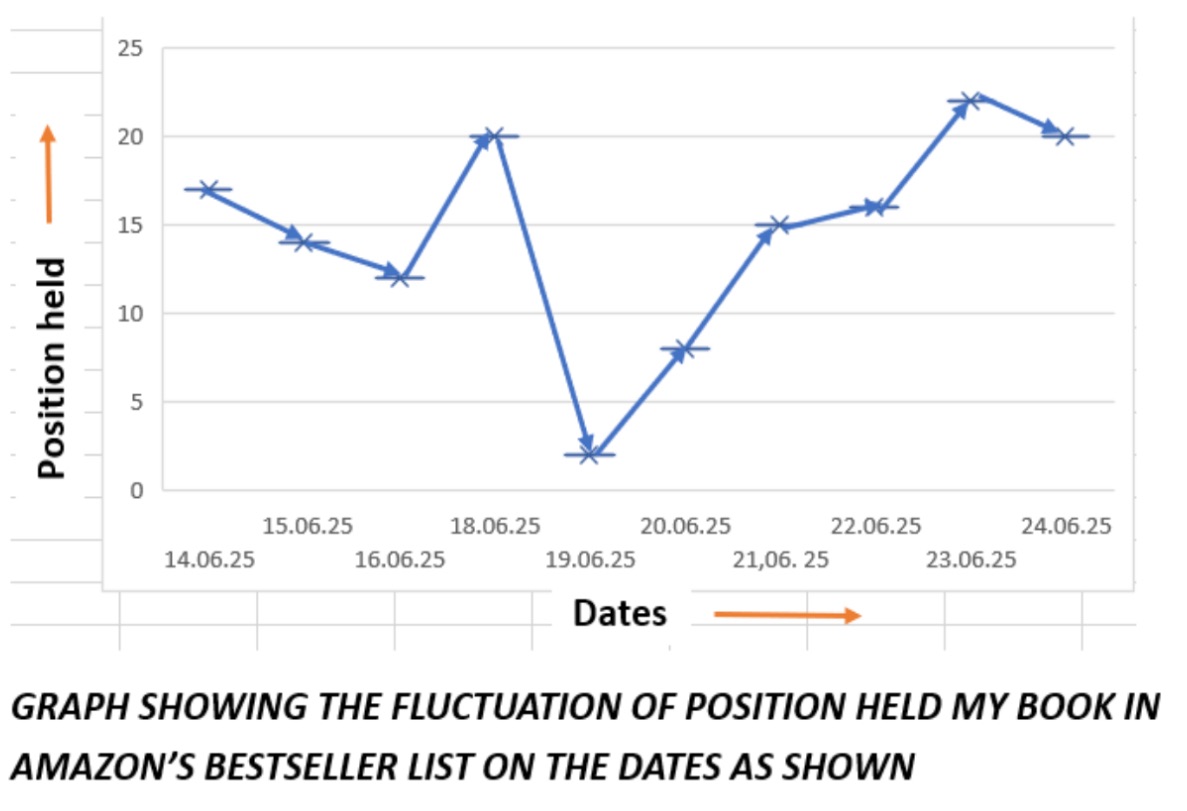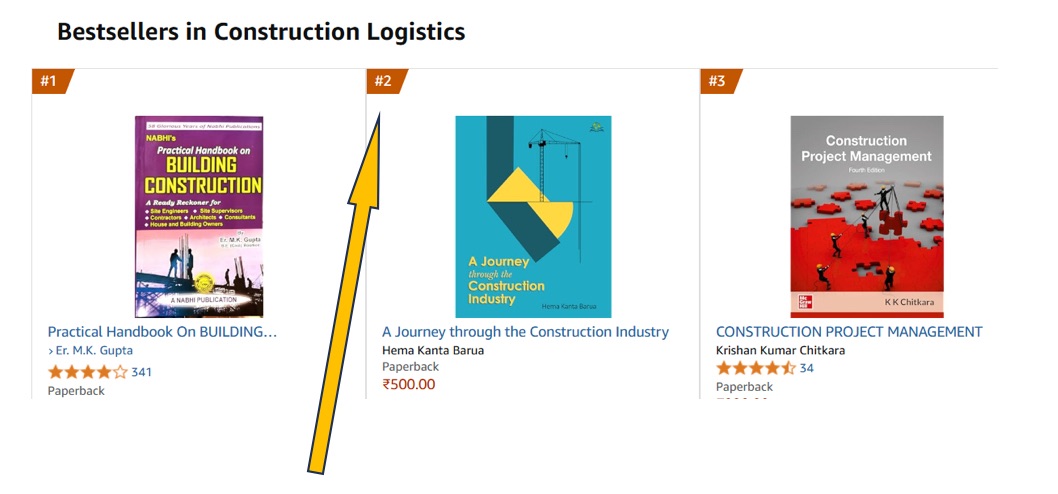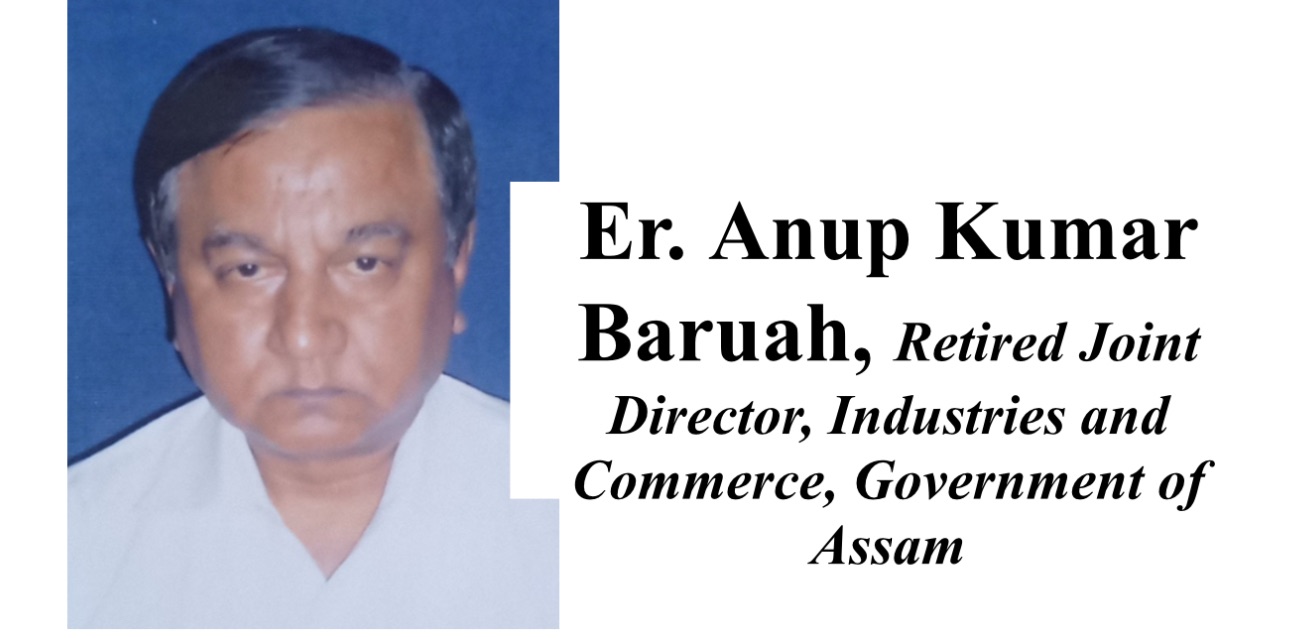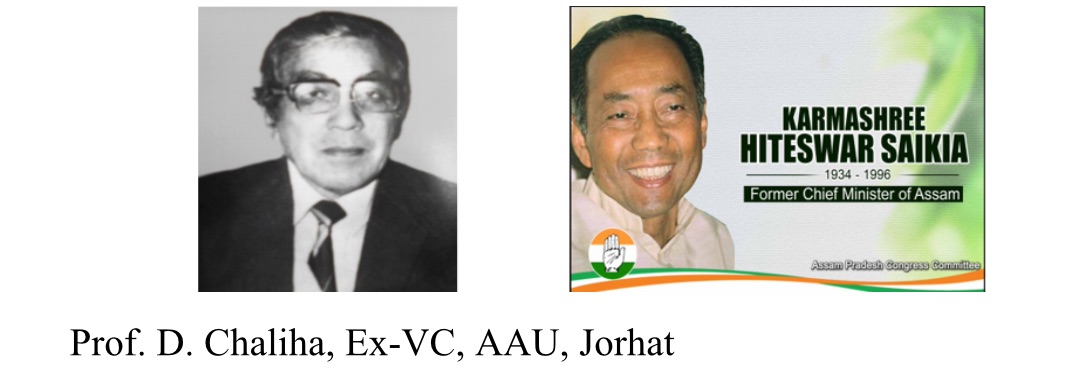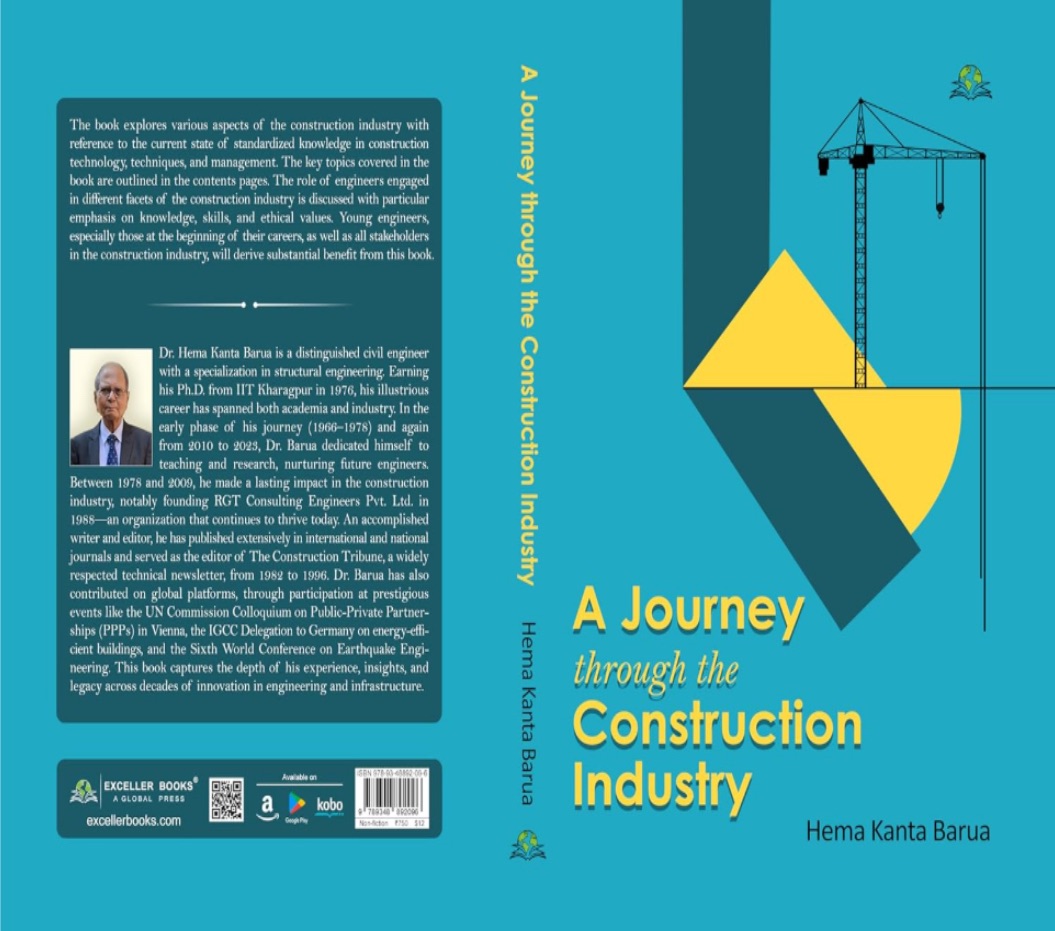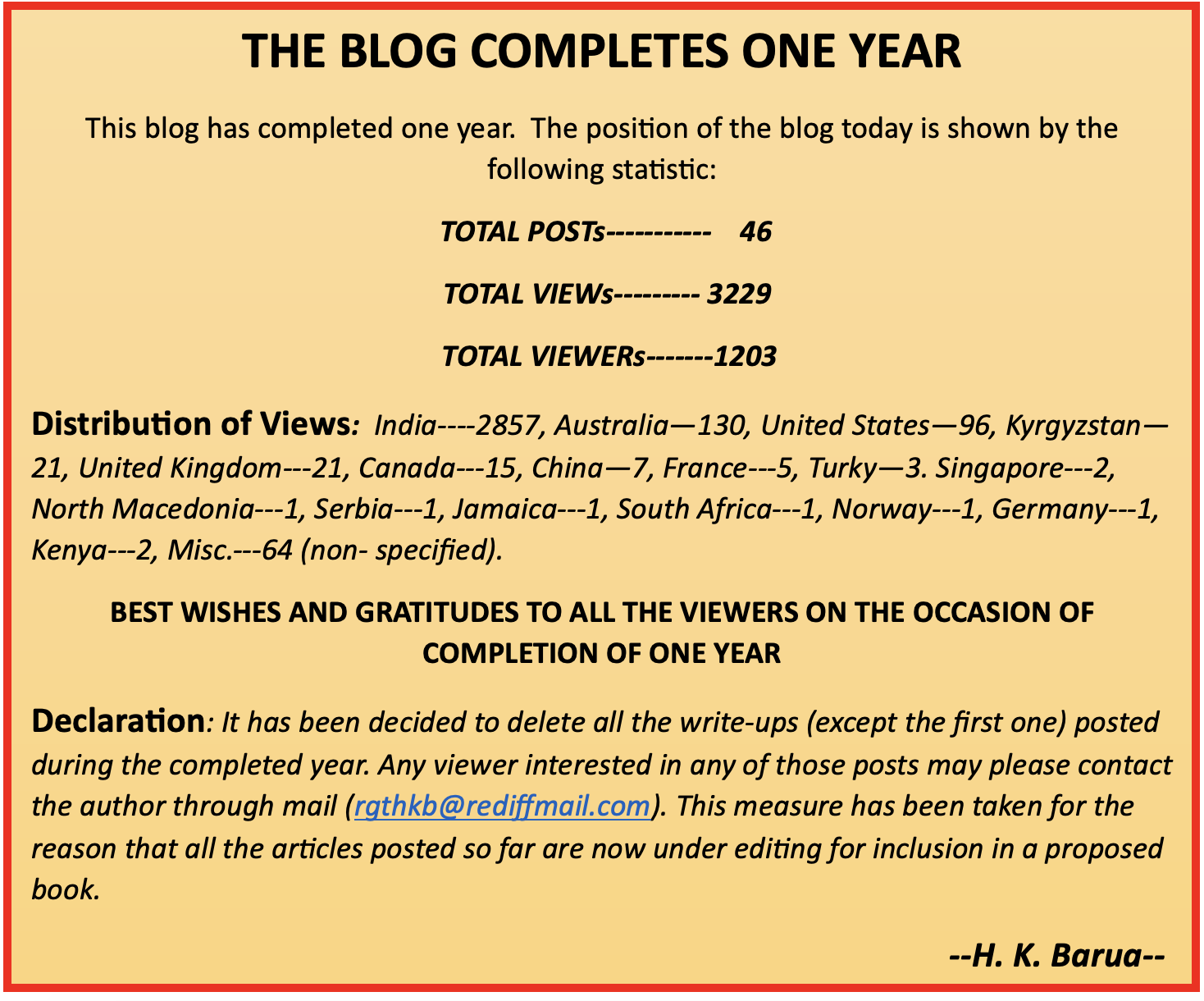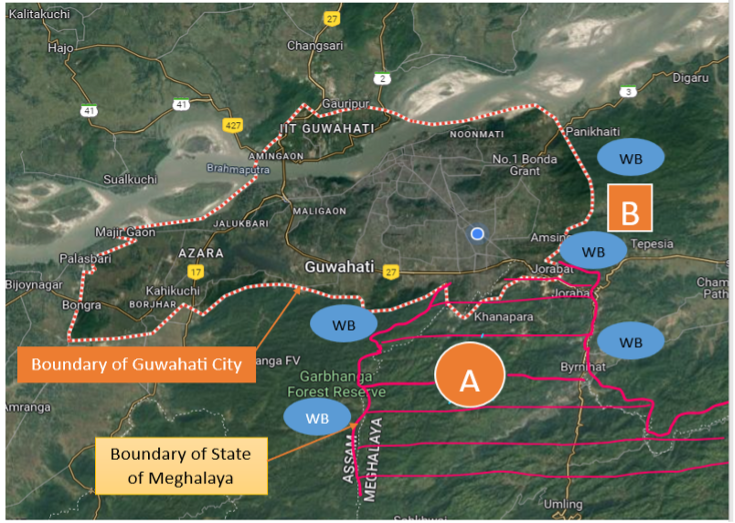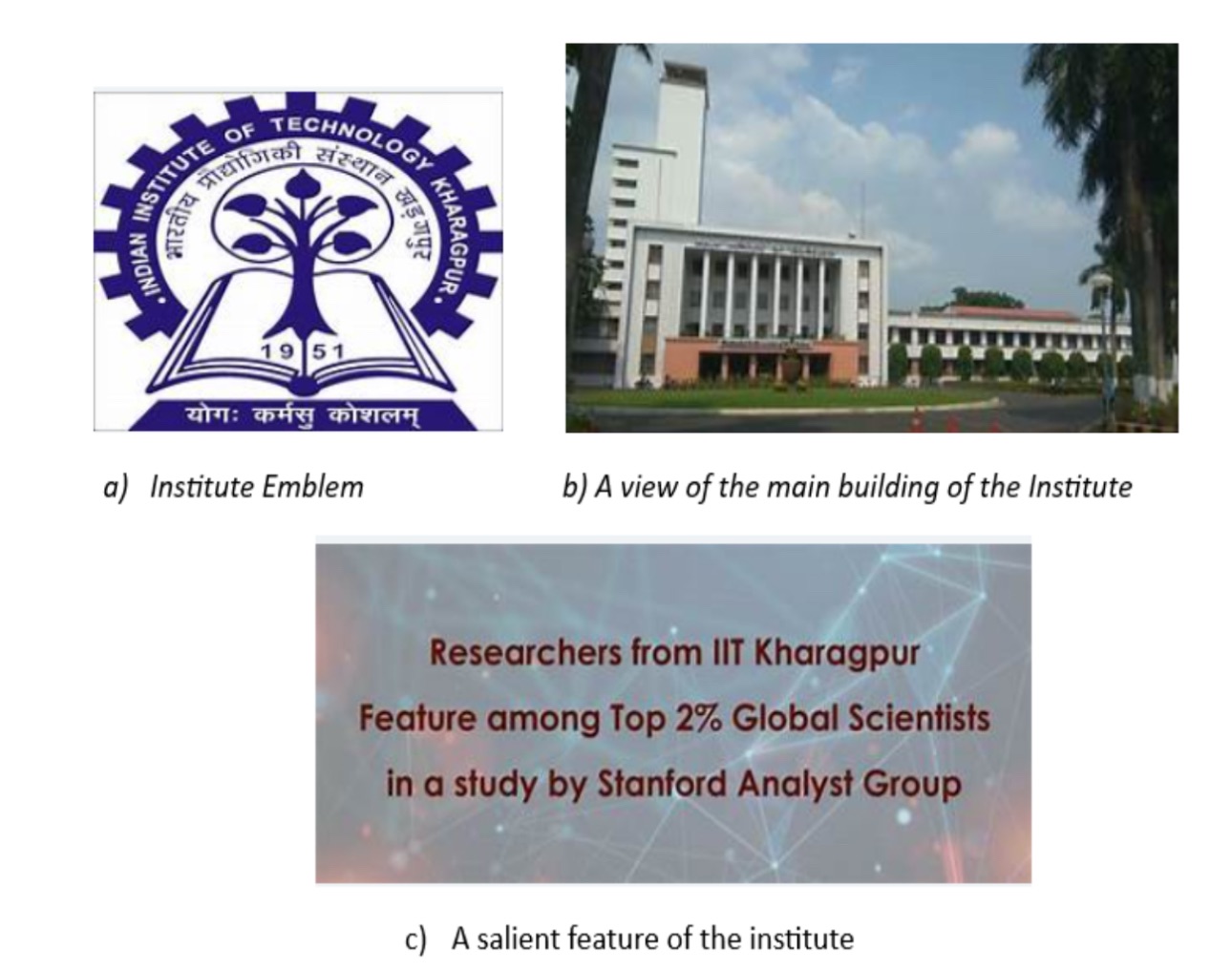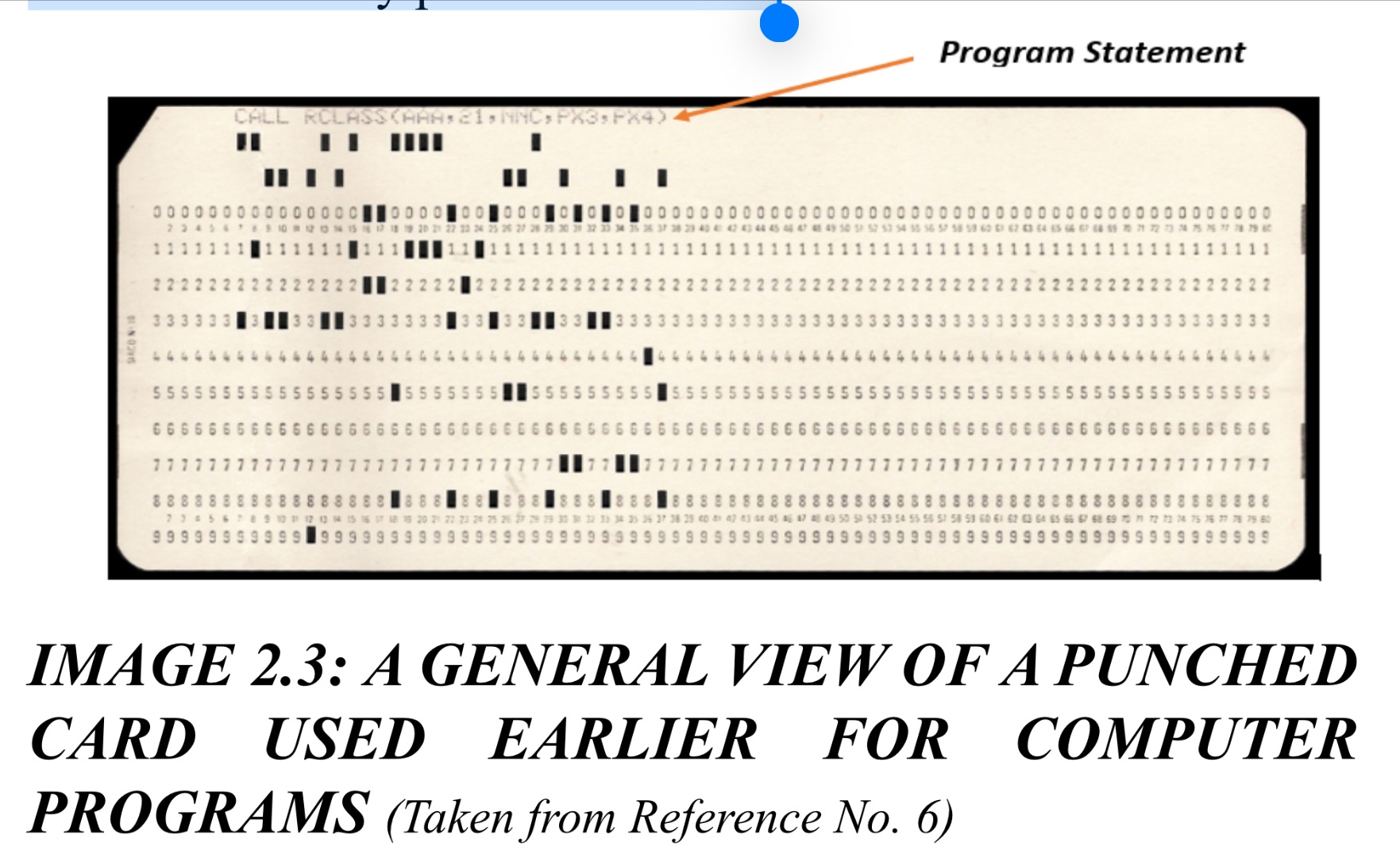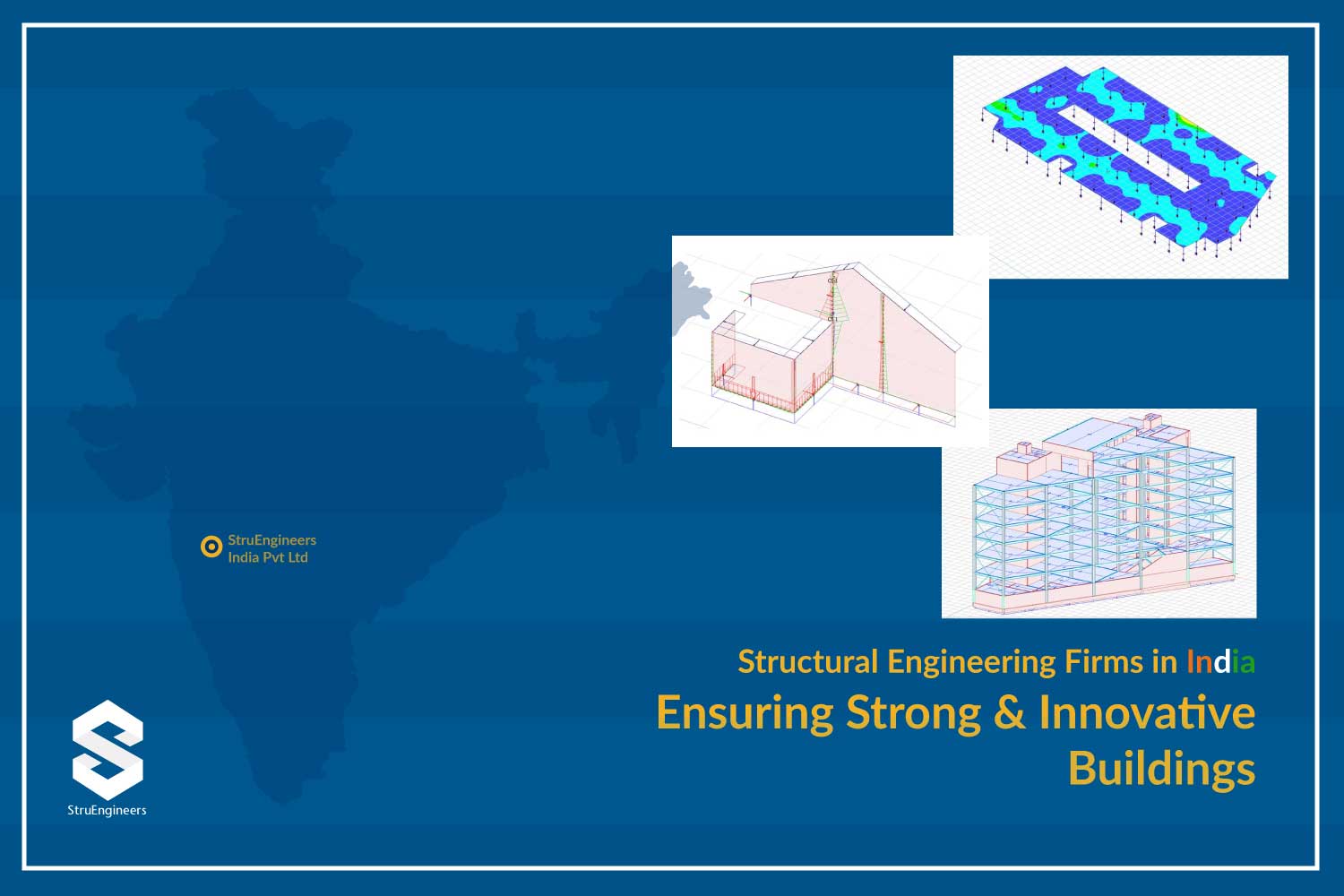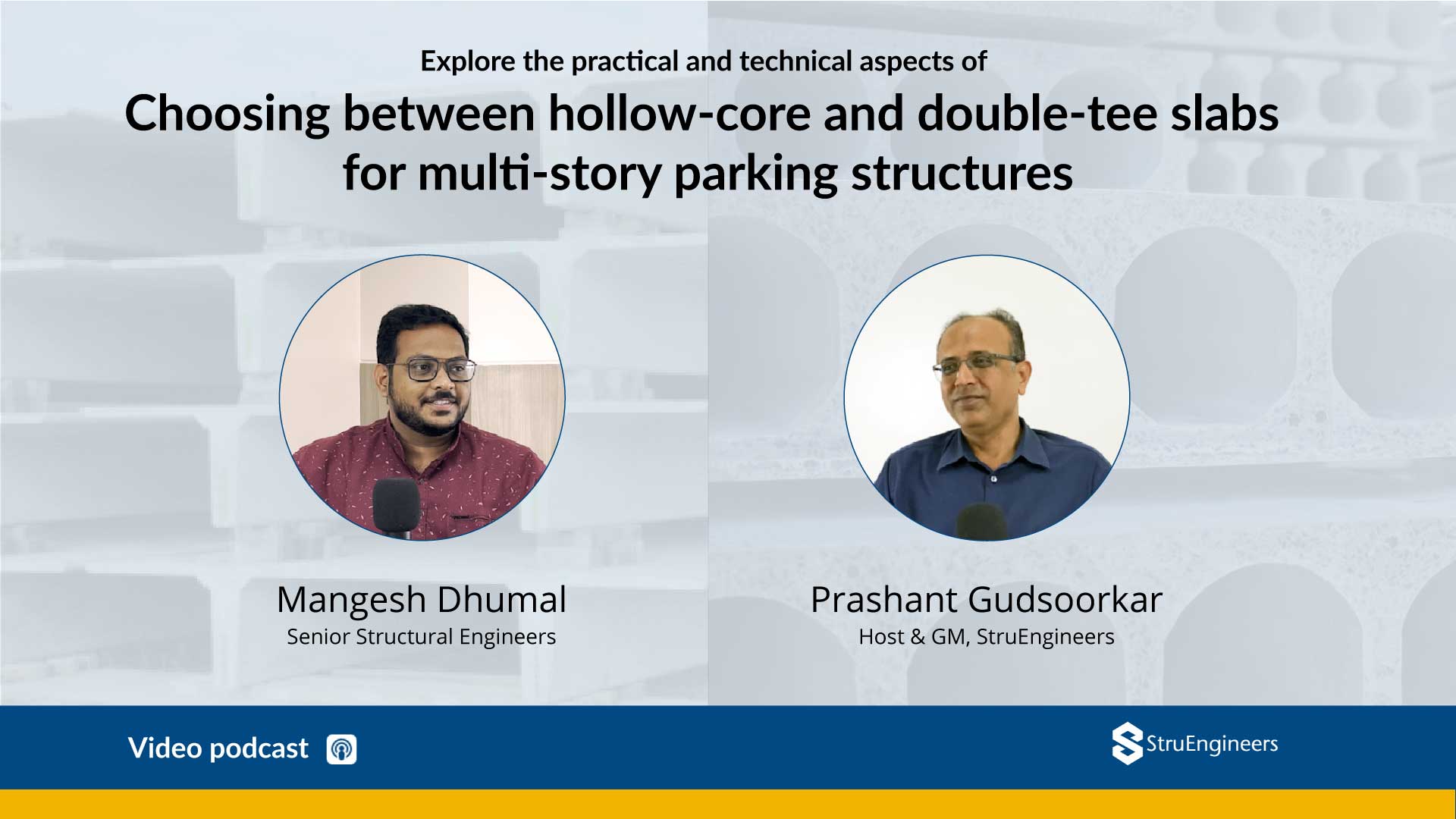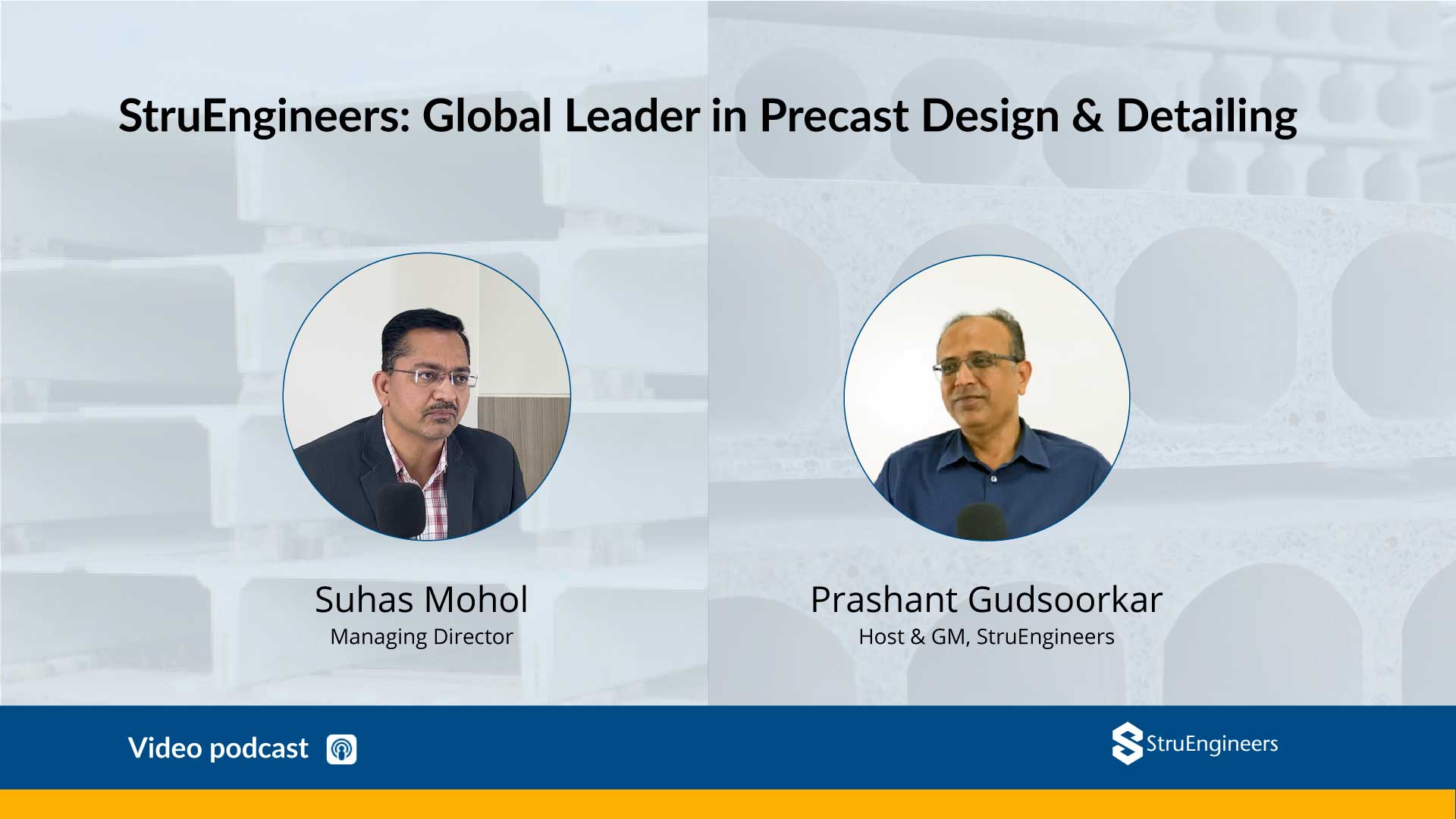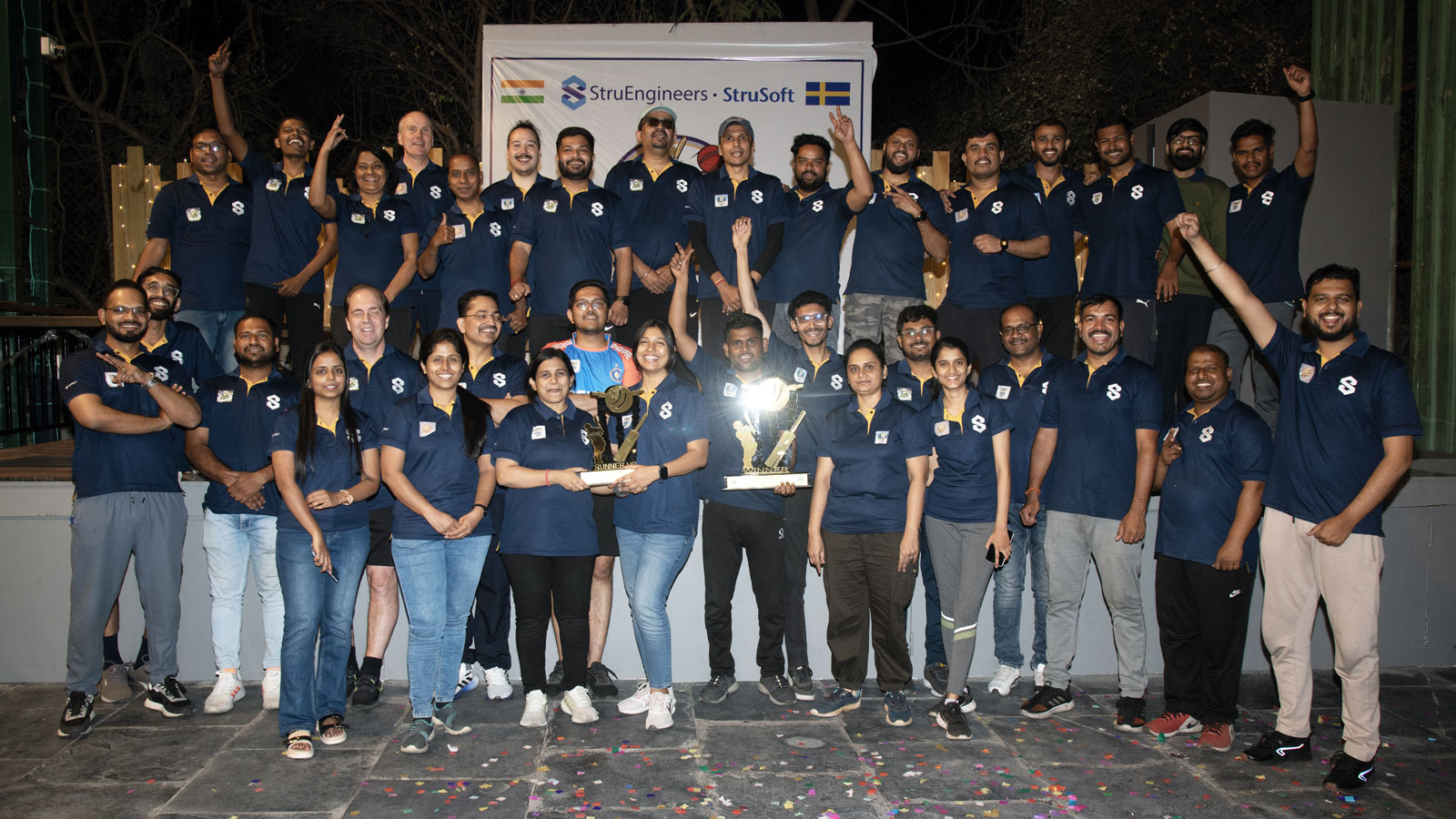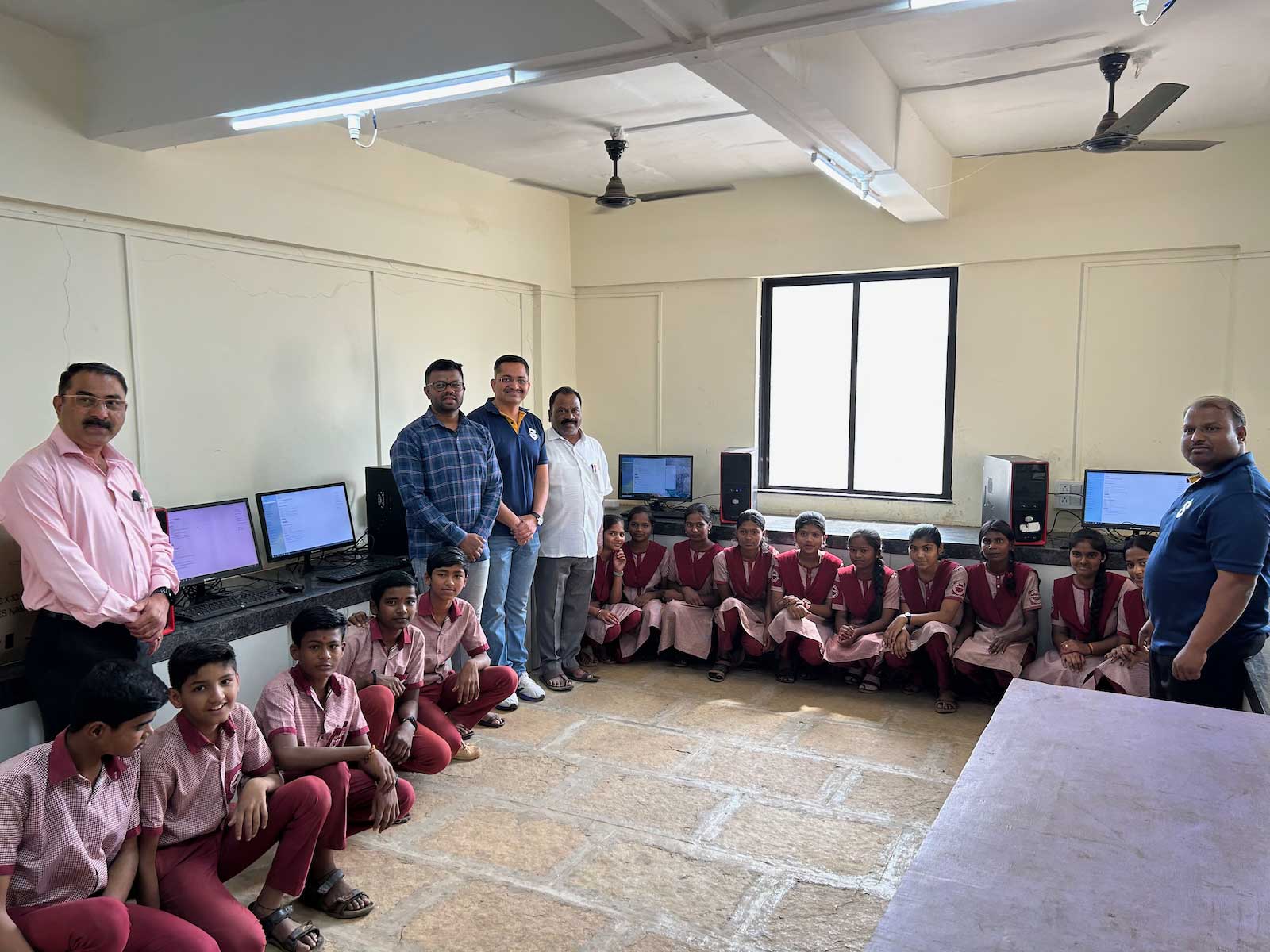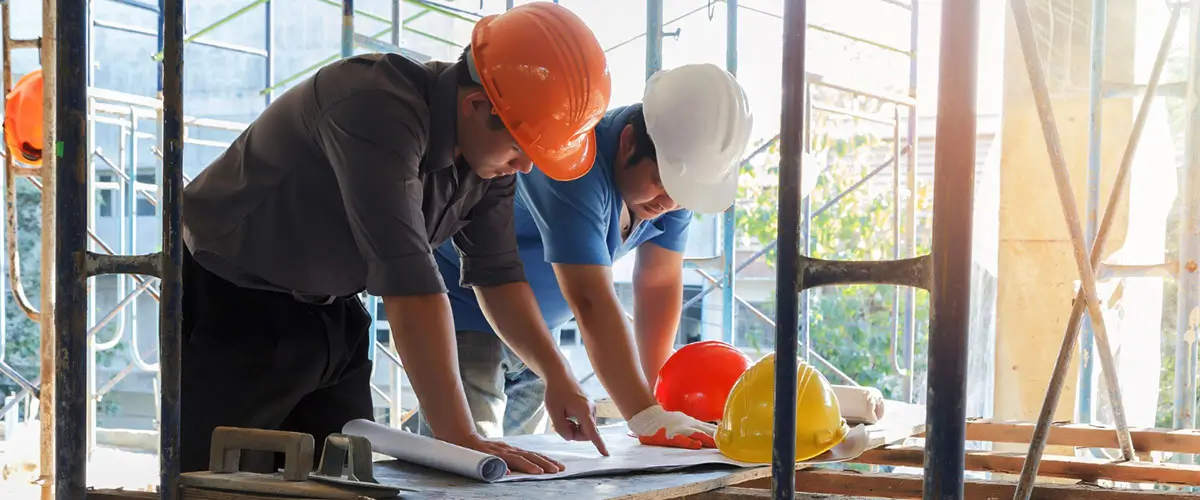
On the occasion of National Engineers Day 2024 which is nationally celebrated every year on 15th September, I would like to extend my wishes to my fellow engineers including the viewers of this blog.
My Dear Fellow Engineers,
May I congratulate you all for your great contributionsmade/being made in the process of nation-building, while paying my tribute to Sir MV on the occasion of his birth anniversary

I thought it would be appropriate on my part to share with you on this auspicious Engineers Day, some of my feelings growing in the process of updating my article on Engineers bill in the last few days. An excerpt of that article (only the subhead 7.4.2) appears in the Appendix A, given below. A perusal of the Appendix A clearly reflects the fact that the efforts made by the full fraternity of professional engineers of India (covered by different associations and societies) over around 50 years have not yielded yet the legislation of the engineering profession through an Act of the country, as it does exist for other similar professions such as doctors, architects, chartered accountants, company secretaries, lawyers etc. The final Draft Engineers Bill is still with MHRD apparently in the process of enactment.

On going through the exercise of finalising my write-up (as contained in Appendix A), a lot of questions kept on creeping into my mind. The basic questions have been—–*Why has the Draft Engineers Bill (DEB) not been enacted yet? *What are the factors responsible for delaying it so long against the consensus arrived at by so many engineering associations and societies representing lakhs of professional engineers of the country? *Can this delay be linked in some ways to the extent of impunity of corruption on our systems? The possible answers to these questions might lead to a number of debatable points. The last question has come to my mind in view of the comparison of the Corruption Perceptions Index Rank of India(144) with those of a few top-ranking and bottom ranking countries out 0f 180 countries considered for rankings for 2023, as brought out by Figure 1. As reflected in the figure, India secures the CPI score of only 39 (out of 100) and has been placed in 93rd position in the ranking list. A comparison of score of India with those of top-ranking countries like Denmark (holding the 1st rank with a score of 90) and Finland (holding the 2nd position with a score of 87) is indicative of the extent of corruption perceptions in India. Bhutan, a neighbouring country of India has a better ranking (26th position), though other neighbouring countries namely Pakistan & Bangladesh hold ranks lower than the India’s one.
It is strongly felt that the non-regulation of the engineering profession through an Act of the country in line with the existing Acts for other profession (as stated above) has a great bearing on the present state of corruption perceptions of our country. The main reason behind this contention is the fact that it is the fraternity of engineers through which the major portion of national budget on the developmental activities in the country is spent.
On this Engineers Day, we, the engineers get re-vitalised on having a re-look on the virtues of character reflected in various contributions made by Sir MV in the nation-building process of India. The discussion on and the culture of those virtues of character assume a greater importance today in respect of Sustainable Development, that is being stressed upon internationally. The engineers are obviously the key-players in ensuring this sustainable development. Therefore, in today’s context of developmental activities in our country, the legislation of the engineering profession in India has been an issue of concern for the community of engineers.
With these words, may I wish you all a HAPPY ENGINEERS DAY.
H. K. Barua
Note: The references mentioned in this write-up include:
143.‘Legislation for Engineers’ by Mr. M. Raj & Mr. A. P. Mull (https://www.ceai.org.in)
144.‘Corruption Perceptions Index 2023’, Transparency International (https://www.transparency.org)
APPENDIX — A
7.4.2 Present Status of Engineers Bill Mr. Raj & Mr. Mull summarize the sequence of developments taking place in respect of the efforts made so far for the Legislation for Engineers in India. While giving the present status of the Engineers Bill, they observed Engineers are available in our country, but we need o mechanism to ensure that those of high caliber can be identified and given responsibility to toke decisions to execute the required tasks. They also need to be tasked with mentoring the next generation of Engineers so that the country is never in want of them. Legislation is required in the country to regulate the profession of engineering and create a cadre of engineers of high caliber in all disciplines in a sustained manner. The First Draft of Engineers Bill was prepared by the Association of Consulting Engineers (India) in around 1985. However, the Ministry of Human Resource Development (MHRD) was identified in 1990 as the nodal ministry for this bill and eventually, the Hon’ble Minister of HRD directed his ministry for the processing of the bill. But the draft bill was not taken for enactment. Thereafter, a PIL was filed 13 by ‘Association of Consulting Engineers (India)’ and ‘National Association of Consulting Engineers India’ against the Government of India (MHRD) for the enactment of the Engineers Bill. As stated by Raj143 et al, a positive affidavit was submitted by MHRD. Eventually, the judgement on the PIL ‘directed the Engineers to form a consensus and go back to the Government with the draft bill. Apparently, this judgement
came in around 2000. Subsequently, a confederation called the Engineering Council of India with all the engineering associations and societies was formed in 2002 Thereafter, the ECI prepared the Second Draft of Engineers Bill in 2004 and presented the same to MHRD for onward processing for enactment. However, in lieu of processing the Second Draft for enactment, the MHRD decided to give the responsibility’* to AICTE for regulation of the engineering profession. This decision of MHRD was again fought by Engineering Consultants in the court, that eventually decreed that –‘AICTE had no mandate to regulate the Profession of Engineering and a separate body had to be created for that purpose. Subsequently, MHRD set up a committee with representatives from ECI, CEAI, IE(1) and AICTE. This committee prepared the Third Draft of Engineers Bill in 2005 Again in 2007, MHRD set up another committee, headed by a member of the Union Public Service Commission and with members from ECI, CEAI, IE(1) etc. Eventually,
the Fourth Draft of Engineers Bill was prepared by this committee and finalized in 2008. Thereafter, it was presented to MHRD. The Fourth Draft was then circulated to all ministries and the comments thereto were obtained. Based on the comments so received, the Fourth Draft was finalized in 2008 and then put on the process of placement in the Parliament for enactment. Surprisingly enough, in the process of its placement in Parliament, at a certain stage, a view was placed by the HRD Ministry (in the Parliament) in response to a question to the effect that the Royal Charter given to IE(1) is adequate and therefore the Engineers Bill is not necessary, After a lot of clarifications given on the issue and persuasion, MHRD revived the Engineers Bill and in 2018 appointed another committee under the aegis of AICTE with Prof. A. S. Ananth of IIT Madras as its Chairman for preparation of the Draft of Legislation for the profession of Engineers. It is understood 43 that it (the Committee) submitted the Draft Engineers Bill to MHRD in 2019 and it is now under processing.



